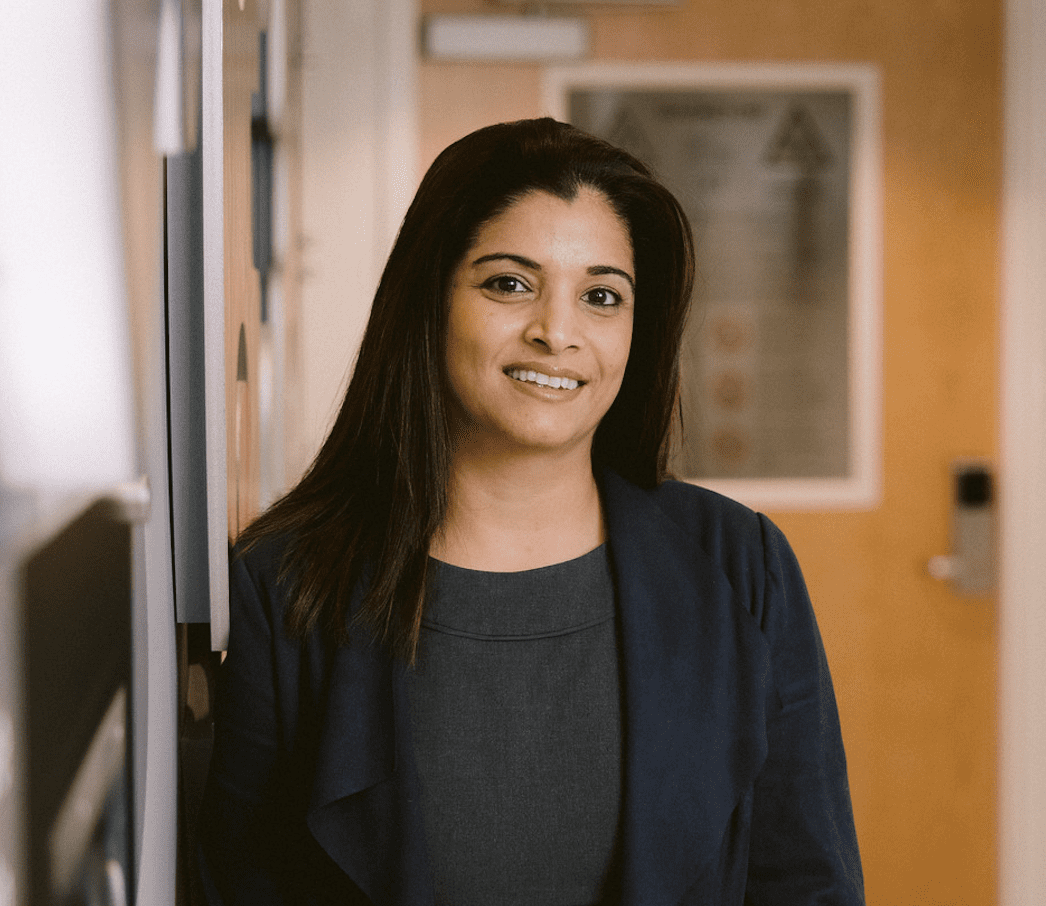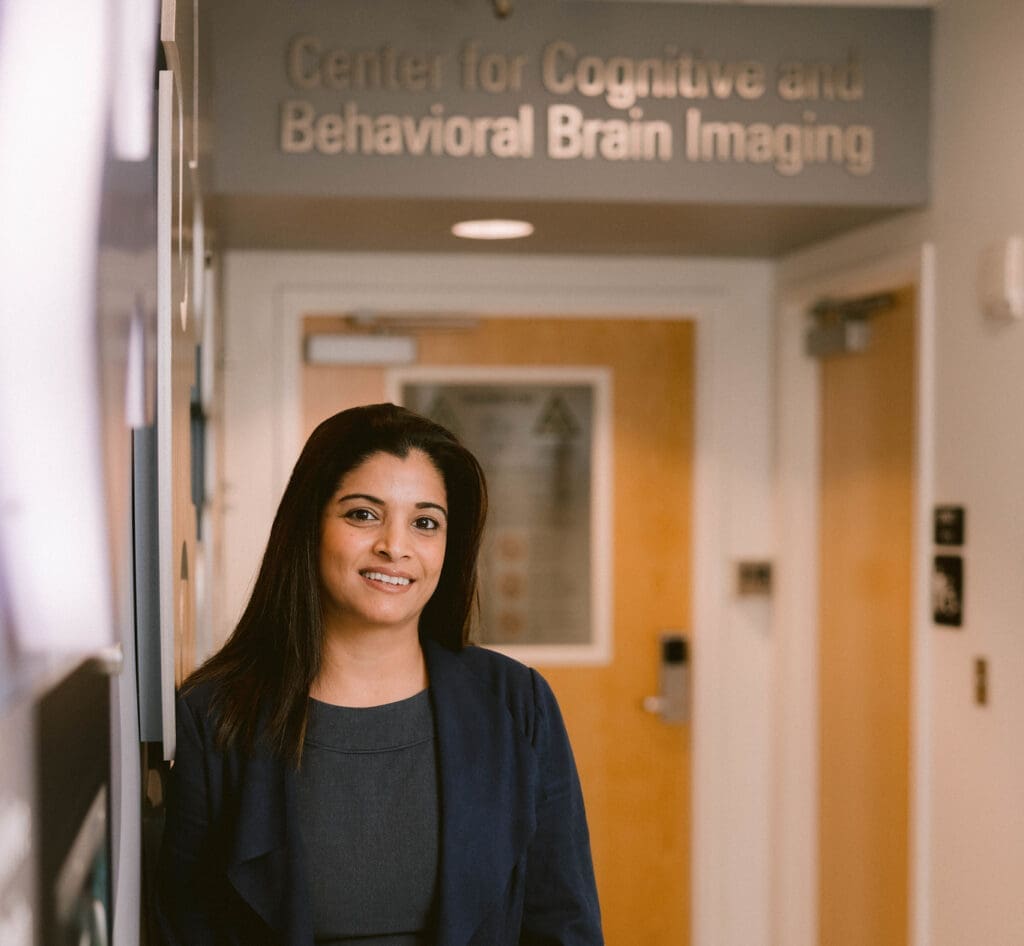Search Posts
Recent Posts
- Rhode Island Legislature Highlights Accomplishments for the 2025 Session June 25, 2025
- Sports in RI: Cody Tow, Volleyball Past, Present and Into His Future – John Cardullo June 25, 2025
- Need a Break? Time for Sour Grapes – Tim Jones June 25, 2025
- Rhode Island Weather Forecast for June 25, 2025 – Jack Donnelly June 25, 2025
- It is what it is: Commentary on 6.25.25 with Jen Brien June 25, 2025
Categories
Subscribe!
Thanks for subscribing! Please check your email for further instructions.

Mind Matters: Impact of mindfulness on our aging brains. Researcher presents URI virtual lecture
The Ohio State University Researcher Ruchika Prakash will discuss ‘Mind Matters,’ April 3
Photo: Ruchika Prakash, director of the Center for Cognitive and Behavioral Brain Imaging at The Ohio State University – © Robb McCormick Photography)
If you’ve ever stopped your thoughts from wandering during a conversation or taken a deep breath before a high-stakes moment, you’ve already used mindfulness in your daily life to improve focus, keep calm, or engage more fully in the task at hand. However, research shows that adopting a regular mindfulness practice can have long-term benefits to the brain as well.
These brain benefits are the topic of the 2024 Malford Thewlis Lecture on Gerontology and Geriatrics, “Mind Matters: Exploring the Impact of Mindfulness on the Aging Brain,” featuring Ruchika Prakash, director of the Center for Cognitive and Behavioral Brain Imaging at The Ohio State University.
The lecture will be held virtually on Wednesday, April 3, at 7 p.m. The event is free, but registration is requested.
Prakash is known for her research on the role of mindfulness in cognition, emotional regulation, and brain health. In this talk, she will share new insights on ways that mindfulness meditation can help support the aging brain.
“Mindfulness has gotten a lot of attention recently for its positive effects on mind and body,” said URI Professor of Gerontology Phillip Clark, director of the URI program in Gerontology and the Rhode Island Geriatric Education Center. “We chose this year’s lecture topic because we wanted to highlight the connections between aging and brain health, a growing concern for many people.”
According to Prakash, mindfulness can be defined as “the bare registering of facts” with an attitude of non-judgement and acceptance. Her work has included developing mindfulness techniques that can enhance cognitive control and neural circuitry. While some mindfulness meditation practices are particularly beneficial for older adults, others are shown to be effective in mid-life to help protect against cognitive decline.
“People are becoming aware that there are things they can do to maintain their health as they age,” said Clark. “URI has two important centers doing work in this area: the Rhode Island Geriatric Center and the George and Anne Ryan Institute for Neuroscience.”

This year’s Thewlis Lecture is co-sponsored by both centers. “We are delighted to be part of this prestigious lecture for the first time,” said John Robinson, co-executive director of the Ryan Institute and Thomas M. Ryan Professor of Neuroscience. “Our mission at the Ryan Institute is to explore new paths for research in neurodegenerative disease and healthy brain aging, including those involving lifestyle. Dr. Prakash’s work in mindfulness is one of those potential paths toward long-term brain health.”
The Malford Thewlis Lecture on Gerontology and Geriatrics was established at URI in 2006 to raise awareness, enhance knowledge, and stimulate discussion about issues related to aging, longevity, and health care for older adults. It is named for Dr. Malford W. Thewlis, a pioneer in geriatric medicine and former resident of Wakefield, Rhode Island.
Prakash is a distinguished professor of psychology at The Ohio State University. Her research focuses on evaluating mind-body interventions to improve cognitive and emotional health in older adults and those with neurological conditions, using neuroimaging and neuropsychological methods. Her achievements have been recognized with the “Rising Star” designation from the Association for Psychological Science in 2013, the 2016 Springer Early Career Achievement in Research on Adult Development and Aging Award from the American Psychological Association, and the 2023 Diversity and Inclusivity Champion Award from the Organization for Human Brain Mapping.
